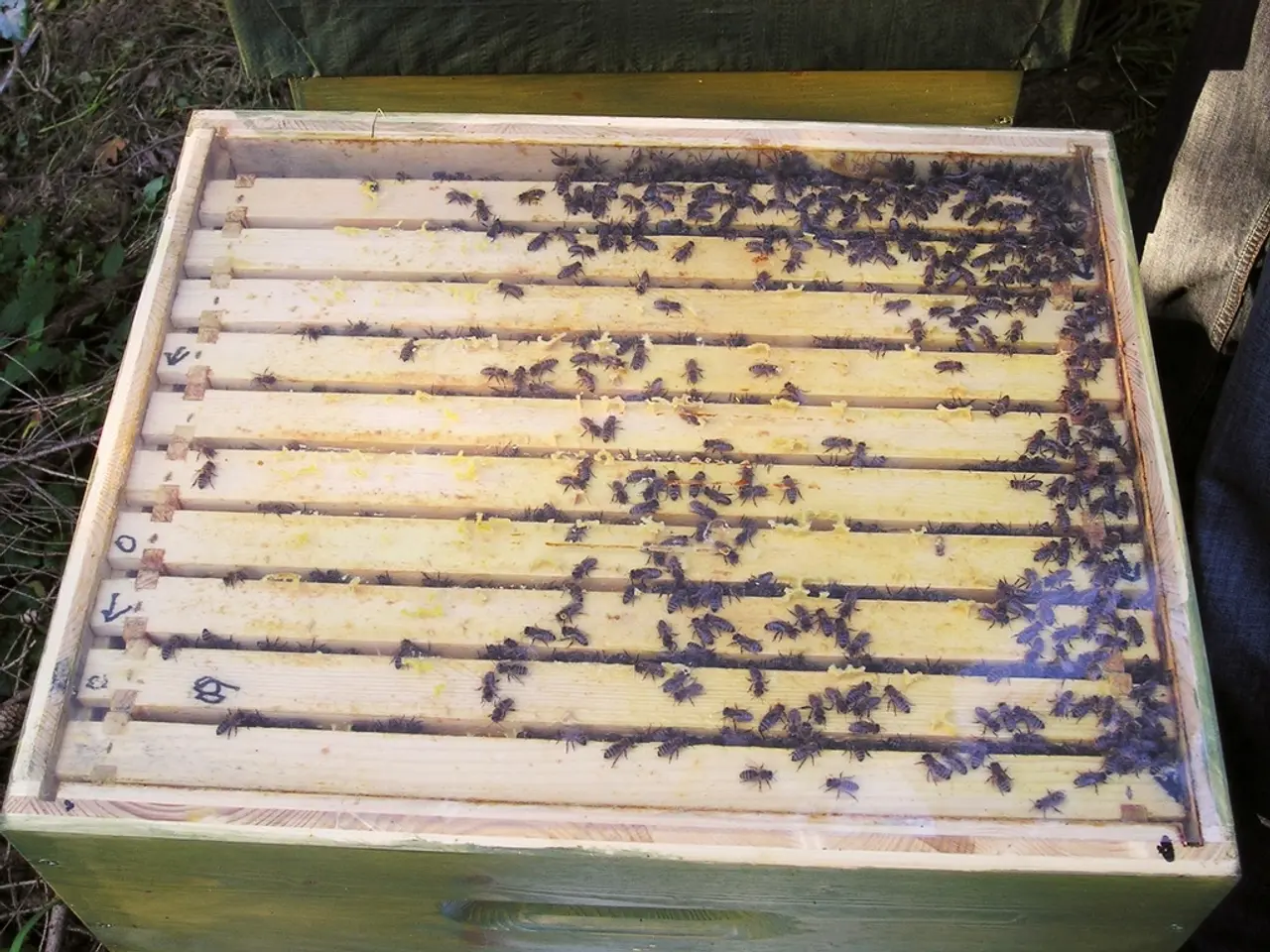Raccoons as Unforeseen Aid for Gardeners: Unearthing the Beneficial Side of These Masked Bandits
In the world of gardening, raccoons might not immediately come to mind as the most welcome guests. However, a holistic view of the backyard ecosystem can help appreciate their role in maintaining garden health, resilience, and biodiversity.
Raccoons, with their scavenging nature, can be seen as tidy creatures that help keep our gardens clean. They scavenge leftover produce, fallen fruit, or scattered birdseed, helping to tidy up organic matter that would otherwise attract flies, rats, or mold.
Moreover, raccoons can potentially help keep smaller mammal populations in check. As omnivores and opportunistic hunters, they can control small mammals such as voles, baby rabbits, and chipmunks, which can do major damage to vegetable gardens and root systems.
Raccoons' diet typically consists of about 40% invertebrates, including insects, worms, and similar. This means they provide natural pest control by eating grubs, beetles, snails, slugs, mice, wasp larvae, and other destructive garden pests.
The presence of raccoons indicates a thriving ecosystem with sufficient biodiversity and natural resources. Their activity naturally creates microhabitats-trails through brush, overturned logs, and disturbed leaf litter-that provide shelter and food for insects, amphibians, and other small wildlife, contributing to biodiversity.
Raccoons also aid in seed dispersal, helping to spread native plants throughout neighborhoods. After eating fruits and berries, they spread seeds through their droppings, promoting natural plant growth and biodiversity in the garden without human effort.
However, it's important to note that raccoons can have a detrimental impact on gardens as well. Their occasional digging and foraging can potentially damage garden beds or potted plants. To coexist safely with them, securing compost and trash bins, harvesting ripe fruits and vegetables promptly, fencing off prized plants, and not intentionally feeding raccoons are recommended.
In conclusion, while raccoons may not win the "Gardener's Best Friend" award, they are far from garden villains. They play a quiet but important role in the garden's health and resilience, providing natural pest control, aiding plant propagation, and supporting overall biodiversity.
[1] Ferrero, B. (2022). The Surprising Benefits of Raccoons in the Garden Ecosystem. [Online]. Available: https://www.gardeningtoday.com/articles/the-surprising-benefits-of-raccoons-in-the-garden-ecosystem/
(Bonnie Ferrero, the author, is passionate about hiking, cooking, gardening, and home decorating, embodying a holistic approach to life.)
- In gardening, raccoons can help maintain a clean garden by tidying up organic matter like leftover produce, fallen fruit, and scattered birdseed, thereby reducing the attraction of flies, rats, or mold.
- Raccoons can potentially help control pests in the garden, as their diet includes about 40% invertebrates, such as insects, worms, grubs, and beetles.
- A thriving ecosystem with sufficient biodiversity and natural resources is often indicated by the presence of raccoons, as their activity naturally creates shelter and food for insects, amphibians, and small wildlife.
- Raccoons aid in seed dispersal, helping to promote native plant growth and biodiversity by spreading seeds through their droppings.
- While raccoons can potentially damage garden beds or potted plants through their occasional digging and foraging, securing compost and trash bins, harvesting ripe fruits and vegetables promptly, fencing off prized plants, and not intentionally feeding raccoons can help coexist safely with them in a home-and-garden lifestyle.





